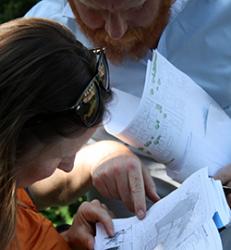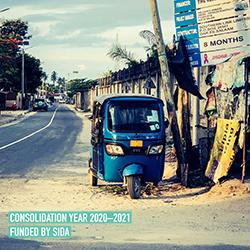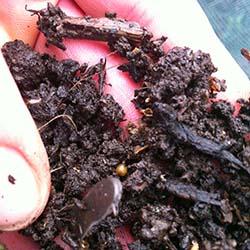
Credit for Co-Production
“To assess whether research is relevant to society, ask the stakeholders” says Mistra Urban Futures’ Sheffield-Manchester Platform leader, Beth Perry with colleagues Catherine Durose and Liz Richardson, in a comment published in Nature earlier this month.
Supporters of co-production believe collaboration between professional researchers and those communities affected by that research is necessary to ensure it is relevant and useful to society. Successful examples can be found in climate change adaption research conducted in the global south and by local partnerships that address health inequalities or environmental and social justice.
Perry and colleagues argue that a key way to support co-production is to re-think how we use metrics. Currently, academia typically undervalues outputs from such projects, particularly if the output is not an academic journal article. The metrics or quantitative measures used in academia have been rightly criticised as poor ways to measure quality or usefulness. The authors here argue that such metrics also often leave out the societal relevance of research and omit diverse approaches to creating knowledge about social problems.
In this comment in Nature, the authors argue that if we want to see more research that is relevant and useful to society, we need to re-think our current approach to metrics, and effectively, co-produce how we measure success. They draw on their own experiences of co-producing research in extended peer communities, including through the ESRC and Mistra Urban Futures funded project Jam and Justice: Co-producing Urban Governance and Social Innovation.
The Nature comment was published on 4 October 2018. Beth Perry is a Professor in urban studies and Director of Mistra Urban Futures’ Sheffield/Manchester Platform, Catherine Durose is a Reader in policy sciences at the University of Birmingham and Liz Richardson is a Reader in politics at the University of Manchester. The article cites Mistra Urban Futures as an example of good practice. Read full article.
Photo: By siddarth_hanumanthu - Own work, CC BY-SA 4.0,
For more information, please contact Beth Perry or Jan Riise







